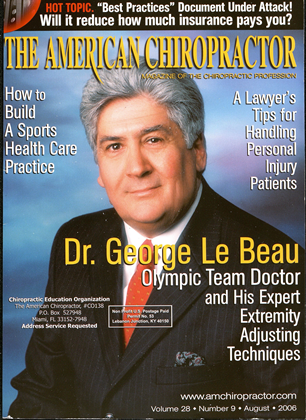The CCGPP Low Back Best Practices draft is methodologically flawed and poorly executed. The literature reviews are dated, biased, and incomplete. Chiropractic practice focuses on the unique needs and characteristics of individual patients, and acknowledges the diversity of chiropractic techniques. The CCGPP document exhibits over reliance on Randomized Control Trials to the exclusion of case studies and other valuable evidence. Furthermore, consensus is used as a substi- tute tor evidence. In the absence of evidence, if one must resort to opinion, the opinion that should prevail is the opinion of the attending chiropractor. An evidence-based alternative to the CCGPP approach is using objective clinical outcomes assessments to determine the appropriateness of care. By applying such methods, a clinician can document improvement in function and quality-of-life. How one achieves such improvement varies from individual to individual. All "manipulative" procedures are lumped together. Adjusting techniques vary widely. Any review purporting to assess an adjusting method must carefully describe and detail each method, or it is meaningless. CCGPP expects third party payors and regulatory agencies to use this document. This could adversely affect the very culture of the profession and have a chilling effect on practice and income.
 View Full Issue
View Full Issue






